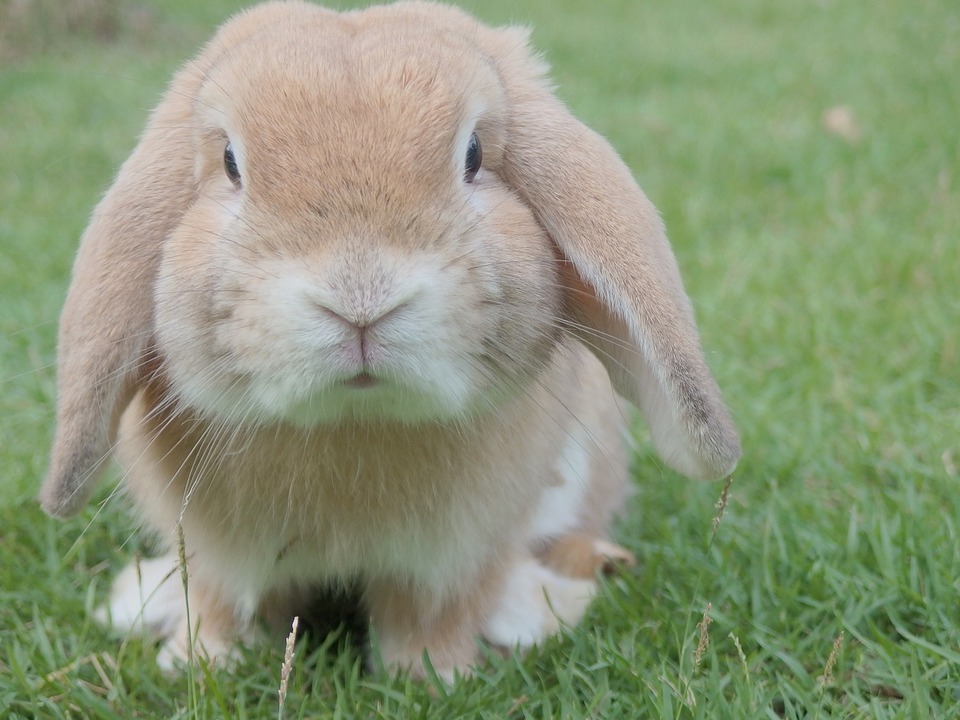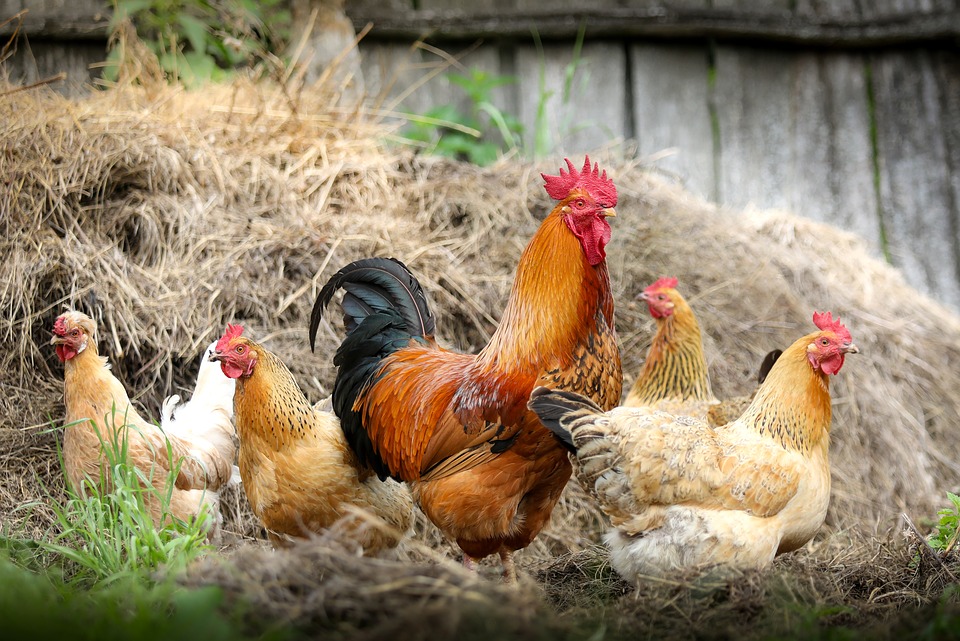We love our pets because of their individuality and their ability to brighten up our lives. For many of us, they are our constant companions, as we take great care to nurture and protect them. In order to allow them to be happy and to grow, they will need the freedom to relax – but what can you do to stop them from wandering off, getting lost or possibly injuring themselves?
As a leading fencing supplier in the Guildford area, we're commonly approached by pet owners to provide a solution that would help to give their animals that freedom, yet still offer the robust protection needed for them to thrive. Here, we're going to take you through the different types of fencing that you can bestow on your pets.
We don't need to be a David Attenborough to tell you that pets come in all shapes and sizes – a fence designed to hold a rabbit isn't going to be much help if you've got a lively dog to contain. Fences also keep things out too – although a fence for chickens is needed to stop them from wandering off, protective fencing is also needed to keep predators out.
When thinking about your ideal pet fencing solutions, the key questions you should ask are; what does this fence need to do? And – how big, strong and mobile are the animals that need to be kept out?
So with this, here a few suggestions from for what to include:
 Fencing for dogs – With dogs especially needing the freedom to roam about, canine containment is the most common of all pet fencing types. You should consider the size, strength and 'bounciness' of your dogs(s) before purchasing materials from a fencing supplier in Guildford and constructing an area in your garden for them.
Fencing for dogs – With dogs especially needing the freedom to roam about, canine containment is the most common of all pet fencing types. You should consider the size, strength and 'bounciness' of your dogs(s) before purchasing materials from a fencing supplier in Guildford and constructing an area in your garden for them. Rabbit/Guinea Pig fencing – Fencing for rabbits is a perfect example of their dual use; whilst farmers and gardeners need to keep them out, those who keep them as pets need to keep them in. Rabbits are generally small and flexible, so any gap in your fencing will see them sneaking in and chomp on your plants. Similarly, any weakness in the fencing that is designed to keep them in, will easily be overcome by any determined bunny.
Rabbit/Guinea Pig fencing – Fencing for rabbits is a perfect example of their dual use; whilst farmers and gardeners need to keep them out, those who keep them as pets need to keep them in. Rabbits are generally small and flexible, so any gap in your fencing will see them sneaking in and chomp on your plants. Similarly, any weakness in the fencing that is designed to keep them in, will easily be overcome by any determined bunny. Fencing for chickens – Keeping chickens as pets is on the up; whether you own an allotment or have a sizeable garden, they provide education and entertainment to children, they're great at preventing bugs from infiltrating the garden – and of course, they provide a steady supply of eggs. Thankfully, constructing fencing for chickens is a relativity simple task – the two key aspects to think about are the height and the mesh size.
Fencing for chickens – Keeping chickens as pets is on the up; whether you own an allotment or have a sizeable garden, they provide education and entertainment to children, they're great at preventing bugs from infiltrating the garden – and of course, they provide a steady supply of eggs. Thankfully, constructing fencing for chickens is a relativity simple task – the two key aspects to think about are the height and the mesh size.So that's our quick guide to fencing for pets – regardless if you're looking to protect your animals or to keep them out and spoiling your garden, as a fencing supplier In Guildford we stock strong, robust materials that not only are adept at protecting your household pets but also farmyard animals too. Why not browse around our website to learn more?
Here at Pennyhill Timber, we are a builders merchant who have been supplying businesses and individuals with construction materials in the Surrey area for the best part of two decades now. Our time in the industry has allowed us to gain an industry-leading insight and make contacts with the best suppliers around, in order to create our leading fencing service.
If you would like to know more about fencing for pets or our previous work as a fencing supplier In Guildford, please feel free to give us a call on 01483 486 739. Alternatively, you can send any e-mail enquiries to info@pennyhilltimber.co.uk